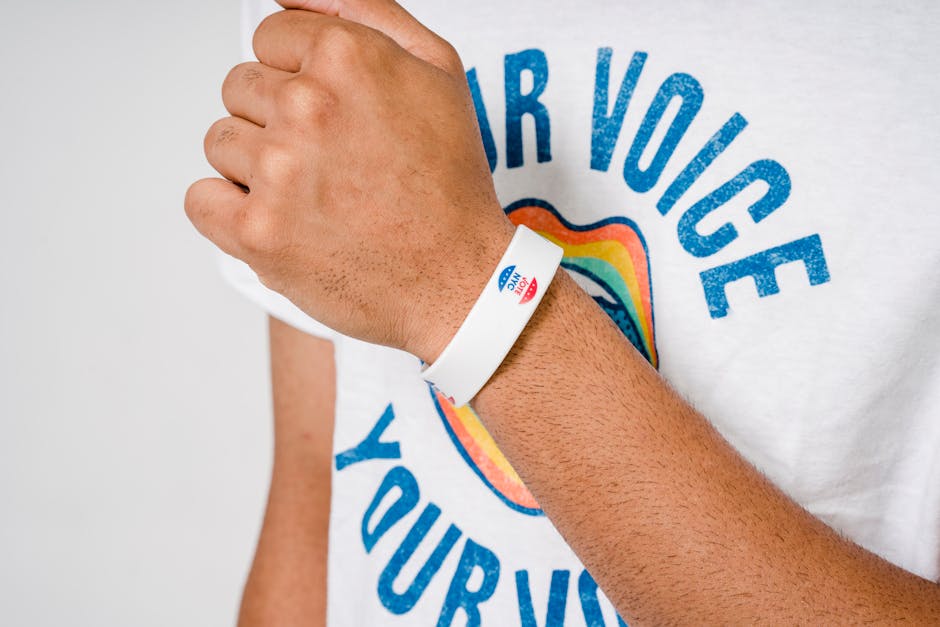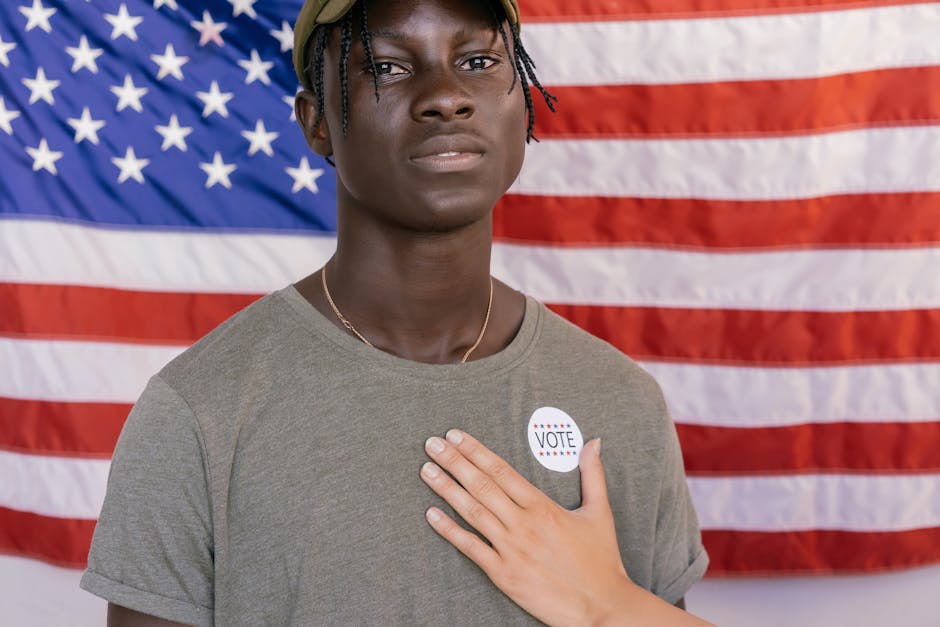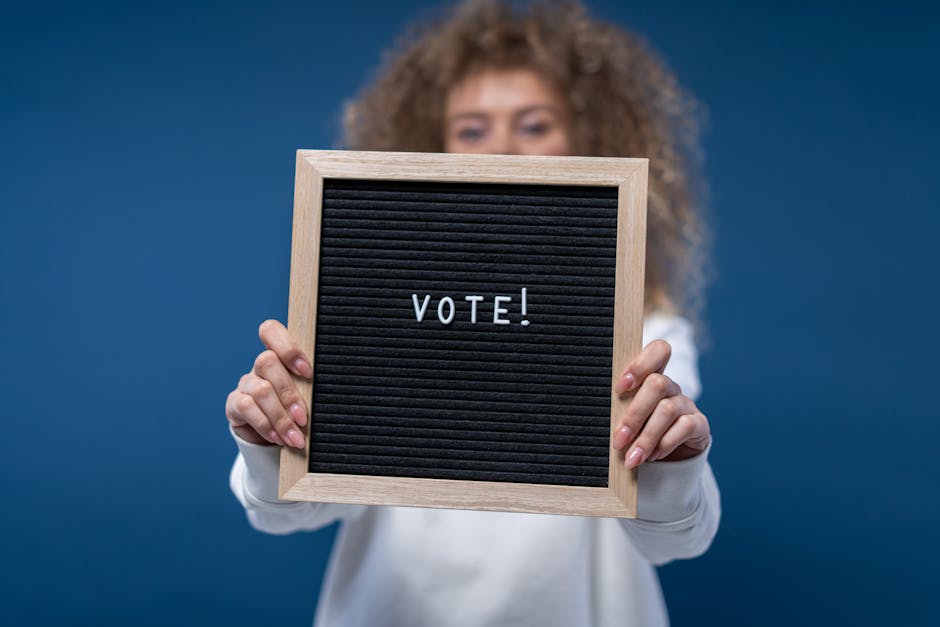Voter Motivation: What Drives Participation?
Have you ever wondered why some people rush to the polls while others stay home? Voter motivation is a hot topic, especially during election season. Understanding what drives people to vote can help us create a more engaged society. Lets dive into the key factors that motivate people to participate in elections.
Why Do People Vote?

Voting is a personal choice. But many factors influence whether someone decides to cast their ballot. A few major reasons include:
- A sense of civic duty
- Social influence
- Access to information
- Personal interests and issues
Many folks feel it’s their responsibility to vote. They believe their voice matters in shaping the future. Others may be influenced by friends, family, or community leaders. Sometimes, people are motivated when they feel informed about the issues at stake.
What is Civic Duty?

Civic duty is the belief that it’s important to participate in the democratic process. Many people see voting as a way to honor those who fought for their right to vote.
For example, in the U.S., the Voting Rights Act of 1965 aimed to protect the voting rights of African Americans. This historical context often inspires people to vote, feeling they are part of a larger legacy.
How Does Social Influence Work?

Social influence can be powerful. When friends or family discuss voting, it creates a buzz. This excitement often leads to action.
Consider this: if your best friend is excited about an upcoming election and encourages you to vote, you might feel more inclined to participate. it’s like deciding to go to a concert because your friends are going!
Access to Information: Why It Matters

In today’s world, information is everywhere. But how we access and understand that information can vary widely. The more informed people feel, the more likely they are to vote.
- Online news articles
- Social media discussions
- Community forums
For example, a comprehensive guide to candidates and their policies can help undecided voters make choices. When people know what’s at stake, they’re more likely to engage in the process.
What Personal Interests Drive Voting?
Personal interests also play a big role in voter motivation. People vote when they care about issues that affect their lives directly. These issues can include:
- Healthcare
- Education
- Jobs and the economy
- Social justice
If someone feels that a candidate supports better healthcare options for their family, they are more likely to head to the polls. Voting becomes a way to voice their concerns and hopes.
What Barriers Prevent People from Voting?
Despite the many reasons to vote, barriers still exist. These can keep people from participating in elections.
- Lack of time
- Feeling uninformed
- Voter ID laws
- Accessibility issues
Many potential voters find it hard to balance their busy lives with voting. Others may feel overwhelmed by the amount of information or unsure about how to register. it’s important to address these barriers to boost participation.
How Can We Encourage More People to Vote?
Encouraging voter participation requires community effort. Here are some ways to get more people involved:
- Organize local events to educate voters
- Create social media campaigns
- Offer transportation to polling places
- Provide clear information about voting processes
Simple actions can help demystify the voting process. For instance, setting up a community event where people can learn about candidates and issues is a great way to raise awareness.
Why Do Young People Vote Less?
Many studies show that younger voters often turn out less than older ones. But why is that? Several factors contribute to this trend:
- Feeling disconnected from politics
- Lack of targeted outreach
- Believing their vote doesnt matter
To change this, we need to engage young voters early. Schools and community organizations can play a key role in teaching the importance of voting.
What Role Does Technology Play?
Technology has changed how we engage with politics. Social media platforms can motivate people to vote. They provide quick access to information and create discussions around important issues.
For instance, platforms like Twitter and Instagram allow users to share their views on candidates and policies. When people see their friends discussing these topics, they feel more inclined to participate too.
Are Voter Turnout Rates Improving?
Recent elections have shown a shift in voter turnout rates. More people are participating, especially in younger demographics. For example, according to the U.S. Census Bureau, turnout among 18 to 29-year-olds increased significantly in the 2020 election.
This trend indicates that engagement efforts are working. Continued focus on education and outreach can further improve these numbers.
What Can You Do to Make a Difference?
Every individual can play a role in encouraging voter participation. Here are a few actionable steps you can take:
- Discuss the importance of voting with friends and family
- Share informative resources online
- Participate in local initiatives to educate others
- Make your voting plan and stick to it
By taking small steps, you contribute to a larger movement towards a more engaged citizenry.
Conclusion: Your Voice Matters
Voter motivation is complex but essential for a healthy democracy. Understanding what drives participation helps us create strategies to engage more people. By breaking down barriers and fostering discussions, we can inspire more individuals to make their voices heard.
Remember, every vote counts. Whether it’s a local election or a national one, your participation shapes the future. So, get informed, motivate others, and make a plan to vote!
For more on voter engagement, check out this resource from the National Association of Secretaries of State: Can I Vote?
Lets work together to make sure everyones voice is heard in the democratic process!



